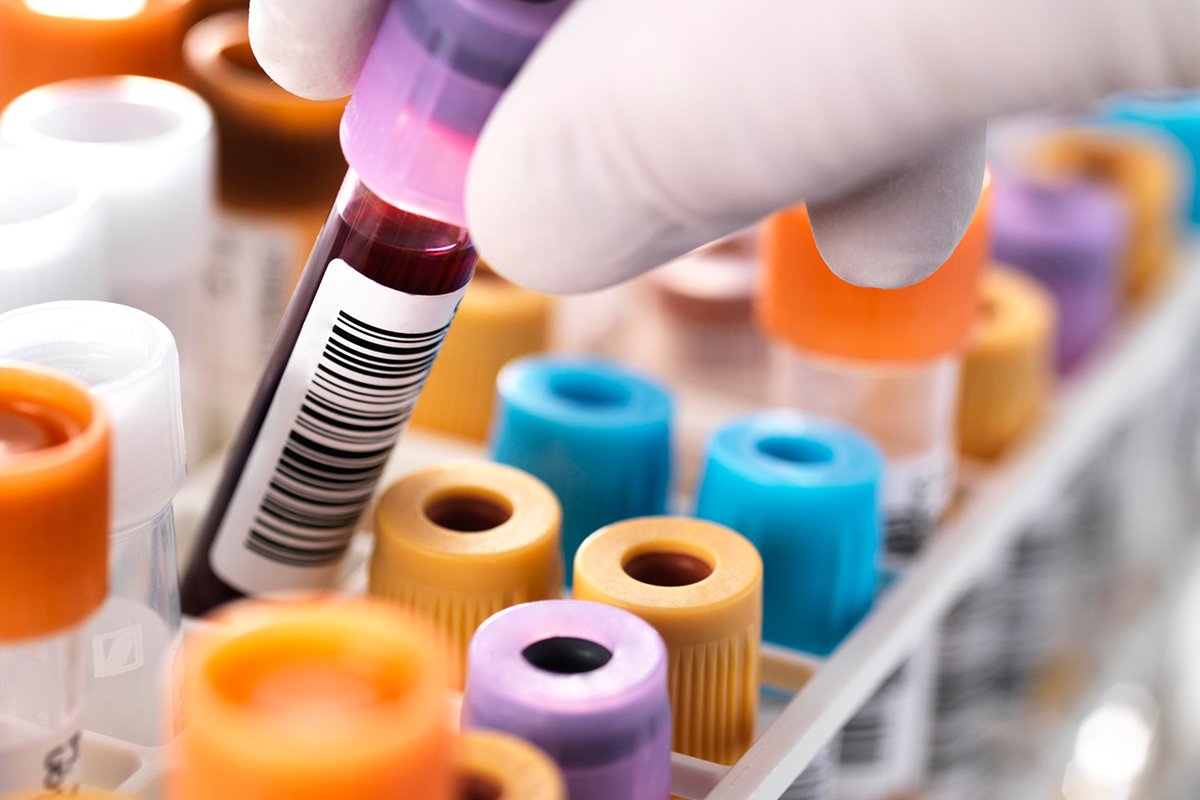
About EDSRF Research
The Ehlers-Danlos Syndrome Research Foundation supports research to improve diagnostic or therapeutic care for people with Ehlers-Danlos Syndromes (EDS), Hypermobility Spectrum Disorders (HSD) and related disorders.
The Foundation prioritizes clinical research focused on guiding the decisions made by patients, clinicians, and other stakeholders in the healthcare delivery system. We are especially interested in funding proposals for new investigators and pilot studies to advance the next generation of EDS researchers in the following priority focus topic areas:
Research Priority Focus Topics
Impact, diagnosis, and management of EDS
Interventions, targeted therapies that are solution-based and impactful
Studies with meaningful, near-immediate effects on clinical practice
Musculoskeletal studies (identified as an area of great need)
Long-term outcomes of spine and joint surgeries, and non-surgical interventions including complications and infection rates
EDS and HSD comorbidities and the impact of these comorbidities
Epidemiology, natural history, or clinical history
NOTE: currently not funding bench researchEDSRF RESEARCH PROJECTS
2023 EDS Research Awards Granted
Risk of Severe Disease and Post-Acute SARS-CoV-2 within Connective Tissue Diseases
Co-Principal Investigator: Daniel Sova MD (Johns Hopkins Medical Institute) and Souraya Torbey, MD (Kennedy Krieger Institute and Johns Hopkins University School of Medicine)
Other Investigators: Mahim Jain MD, PhD (Nemours Children's Hospital); Maggie Bartlett, PhD (Johns Hopkins Bloomberg School of Public Health)
Award: $200,000 (2-year grant)
Toward Artificially Intelligent Wearable Neuromodulation Systems to Address Postural Orthostatic Intolerance and Other Autonomic Disturbances in Humans with Hypermobile-type Ehlers-Danlos Syndrome
Principal Investigators: Matthew P. Ward, PhD (Purdue University); Clair A. Francomano, MD (Indiana University School of Medicine)
Other Investigators: Steven R. Steinhubl, MD (Purdue University); John Wo, MD, Thomas Nowak, MD, and Thomas Everett, PhD (Indiana University School of Medicine)
Award: $100,000 (2-year grant)
Risk Factors for Long Covid
Principal Investigator: Lisa Quadt, PhD (Brighton & Sussex Medical School)
Other Investigators: Jessica Eccles, MD (Brighton & Sussex Medical School); Jeff Lubell (Independent Researcher); Eric Hedberg, (Independent Researcher)
Award: $10,000 (1-year grant)
Research Projects Currently Underway
Completed Research Projects
The Ehlers Danlos Syndrome Research Foundation (EDSRF) offers a maximum of 5% of the value of the funding or grant as allowable indirect or Facilities and Administrative (F&A) costs.






